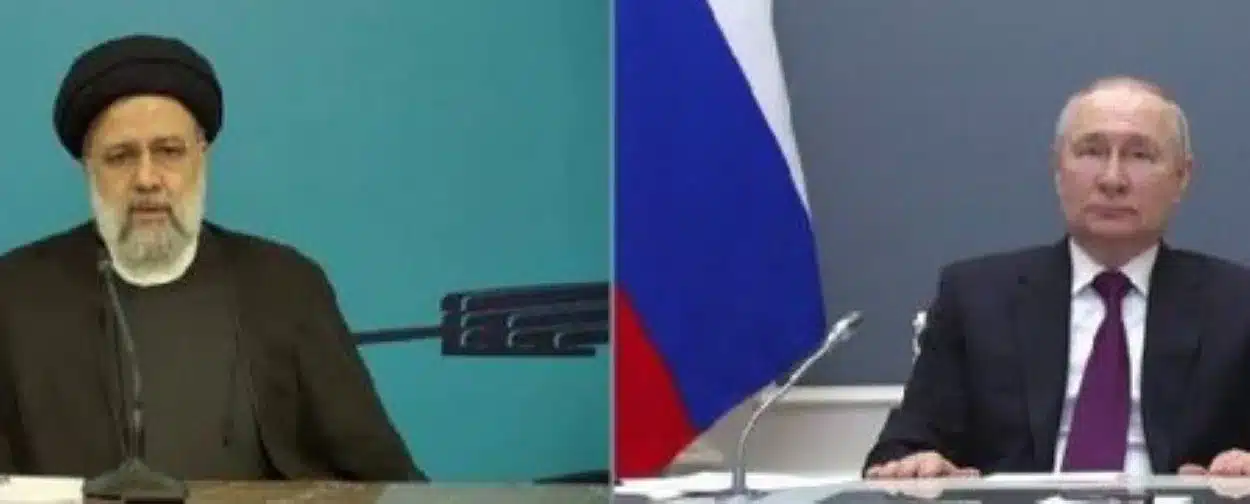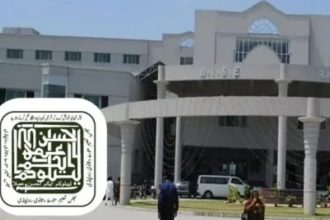On Wednesday, Russian President Vladimir Putin and his Iranian counterpart, Ebrahim Raisi, remotely oversaw signing an agreement for constructing and financing an Iranian railway line. This railway line is part of the international North–South Transport Corridor project.
The railway, known as the Rasht-Astara line, is a critical link in this corridor. The route aims to connect India, Iran, Russia, Azerbaijan, and other nations via rail and sea transportation.
According to Russia, this route has the potential to compete with the Suez Canal as a significant global trade route.
“The Rasht-Astara railway, being a part of the unique North-South transport artery, will significantly diversify global traffic flows,” Putin mentioned.
He further stated that the 162 km (100-mile) railway along the Caspian Sea coast would assist in connecting Russian Baltic Sea ports with Iranian ports in the Indian Ocean and the Gulf.
Raisi deemed the agreement a “strategic step towards cooperation between Tehran and Moscow.”
Western economic sanctions on both Russia and Iran have pushed the two nations to bolster their political and economic ties, sanctions they deem unjustified.
Since the 1979 Islamic Revolution that ousted US-backed Shah Mohammad Reza Pahlavi, Iran has been isolated by the West, and multiple sanctions have severely damaged its economy. Nevertheless, it possesses approximately a quarter of the Middle East’s oil reserves.
Other sanctions have been imposed on Iran over its nuclear program and on Russia due to its activities in Ukraine.






